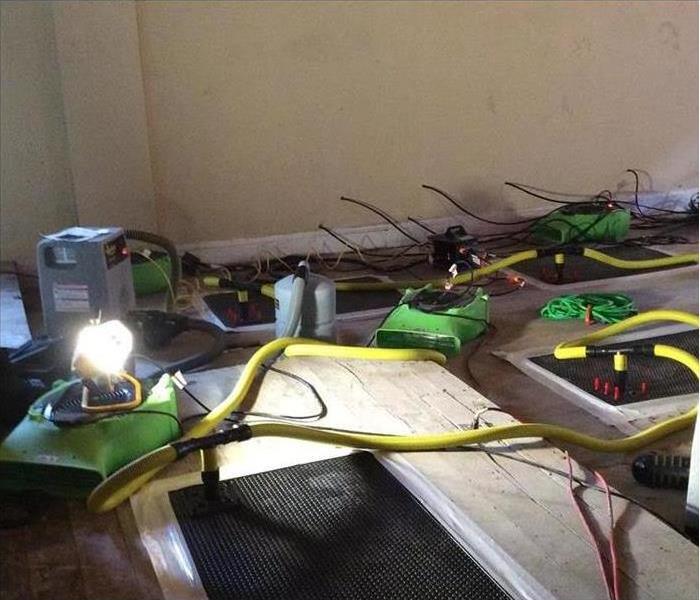Answers to Your Questions About Flooding and Insurance Coverage
8/21/2018 (Permalink)
When your Chardon, OH, home is affected by water damage because of a flood or a broken pipe, one of your first concerns may be whether the insurance will cover this situation. Most homeowner's insurance doesn't cover the actual broken pipe or the price you'll pay to fix the broken pipe, but it may cover most of the water damage.
Why Aren't Broken Pipes Covered?
Most of the time, insurance companies expect homeowners to be responsible for routine maintenance. This means you are responsible for repairing leaky pipes and replacing any broken pipes. If you want to have coverage for flooding due to pipe breaks, you'll need to have an all-perils policy, and coverage for a flood from storms and other rising water will require another specific insurance policy.
Why Was My Flood Claim Denied?
If your pipes burst because of a situation that could have been prevented, the insurance company will probably deny the claim. Part of your responsibility as a homeowner is to protect pipes from freezing or becoming weakened by rust. Any claim that results from homeowner negligence is likely to be denied.
What Does My Insurance Coverage Include?
If your claim is not denied, you might expect your policy to cover damages to carpeting, drywall, peeling paint, and the professional services needed to remove all water, dry out your furnishings and home, and prevent mold growth. Check with your insurance provider for specific coverage details.
How Can I Prevent Further Flooding?
Some of the best ways to avoid broken pipes are to invest in routine professional plumbing inspections and to conduct your own visual inspections, looking for older pipes, signs of rust and clogs, and exposed pipes in places where freezing might occur. Make sure you know where your water shutoff valve is located and make sure it is in working condition.
Don't wait until you have a flood to learn the answers to these questions. Plan ahead to avoid costly repairs and be sure you have appropriate insurance coverage.






 24/7 Emergency Service
24/7 Emergency Service
